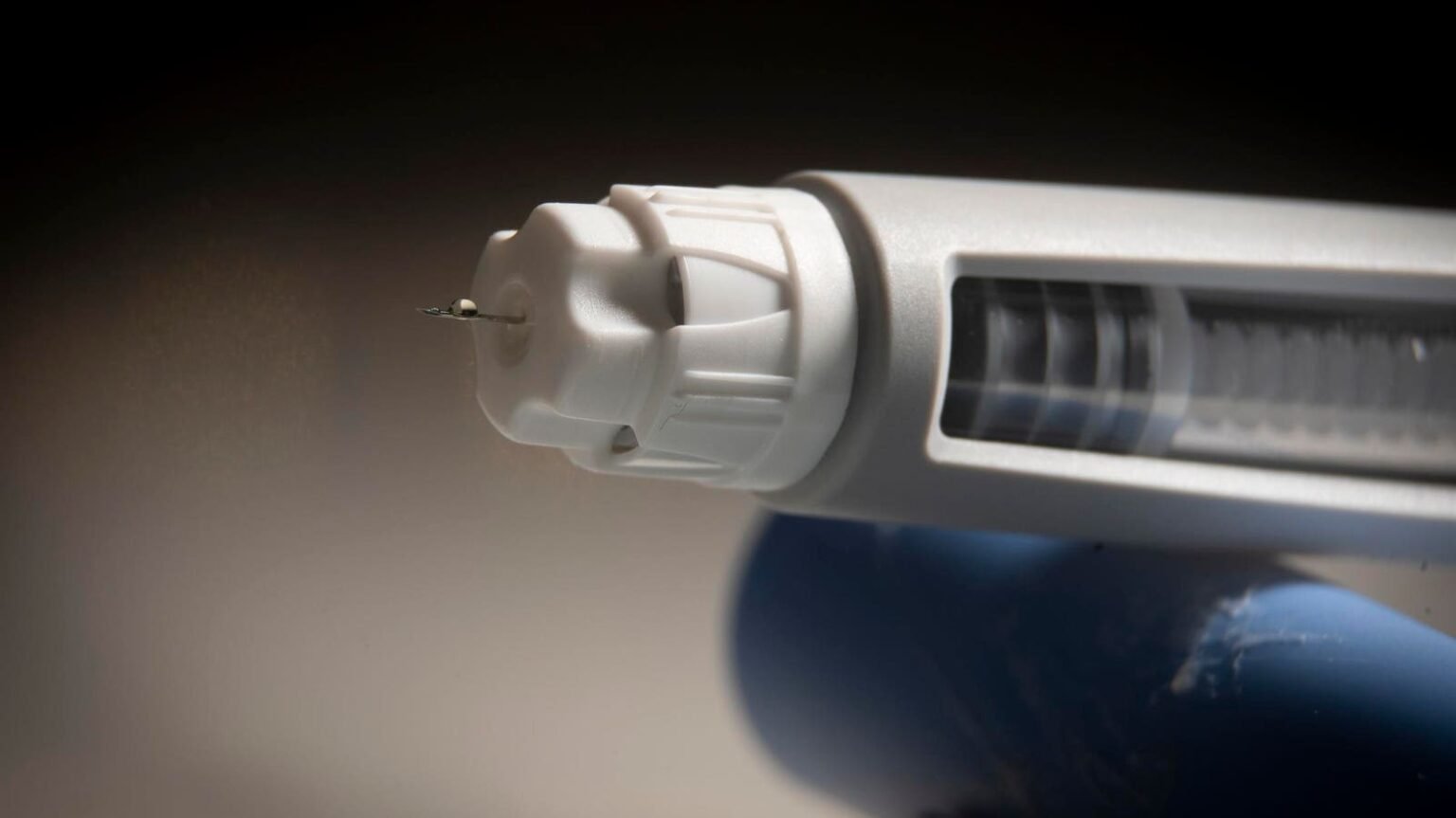After years of shortages, more doses of Novo Nordisk’s popular weight loss drug Wegovy are back in stock in the U.S. This comes just days after all doses of Eli Lilly’s rival injection Zepbound became available. Despite this update, shortages are expected to continue as pharmaceutical companies struggle to ramp up production. The 0.5 milligram and 1 milligram doses of Wegovy injections are now listed as available on the FDA’s drug shortage database following an update on Tuesday. Novo Nordisk has restricted access to lower doses in order to ensure that people already using the injections can continue to access the medicine. Only the smallest dose, a 0.25 milligram injector, remains listed as “limited availability” on the FDA database.
The shortage of GLP-1 weight loss and diabetes drugs like Ozempic is being driven by the increasing popularity of drugs such as Novo’s semaglutide and Lilly’s tirzepatide. These drugs are part of a growing class of GLP-1 agonists that help control hunger and blood sugar by mimicking the action of gut hormones. Originally deployed to treat diabetes, these drugs are now commonly used off-label for weight loss. Concerns have arisen over the ability of people with diabetes to access these medications, particularly as the number of new patients being prescribed GLP-1s for weight loss continues to increase. Despite the promising results of these drugs, concerns remain about shortages in existing markets like the U.S.
Novo has secured permission to expand Wegovy’s label to include treatment for cardiovascular conditions, while Lilly is exploring the potential use of Mounjaro and Zepbound for sleep apnea. In addition to weight loss and diabetes, GLP-1s have shown promise in preventing or treating conditions such as cancer, Parkinson’s, dementia, liver disease, kidney disease, and addiction. The availability of different doses of GLP-1 medications varies, with all doses of Mounjaro and Zepbound listed as available, while some doses of Wegovy are still experiencing shortages.
Pharmaceutical companies like Novo Nordisk and Eli Lilly are working to address shortages of GLP-1 medications, but concerns remain about the ability of patients to access these drugs for both diabetes and weight loss. Off-label use of these medications is common, and the booming popularity of GLP-1 agonists has put pressure on companies to increase production to meet demand. The availability of these medications is crucial for patients looking to manage their blood sugar levels and achieve weight loss, highlighting the need for continued efforts to address shortages and increase production.
As the availability of GLP-1 medications fluctuates, it is important for patients and healthcare providers to stay informed about any updates regarding shortages and availability of these drugs. Pharmaceutical companies are working to ramp up production to meet the growing demand for these medications, but challenges remain in ensuring that patients have access to the treatments they need. The ongoing shortages of these medications underscore the importance of addressing supply chain issues in order to ensure that patients can continue to access the medications that are vital for their health and well-being.












